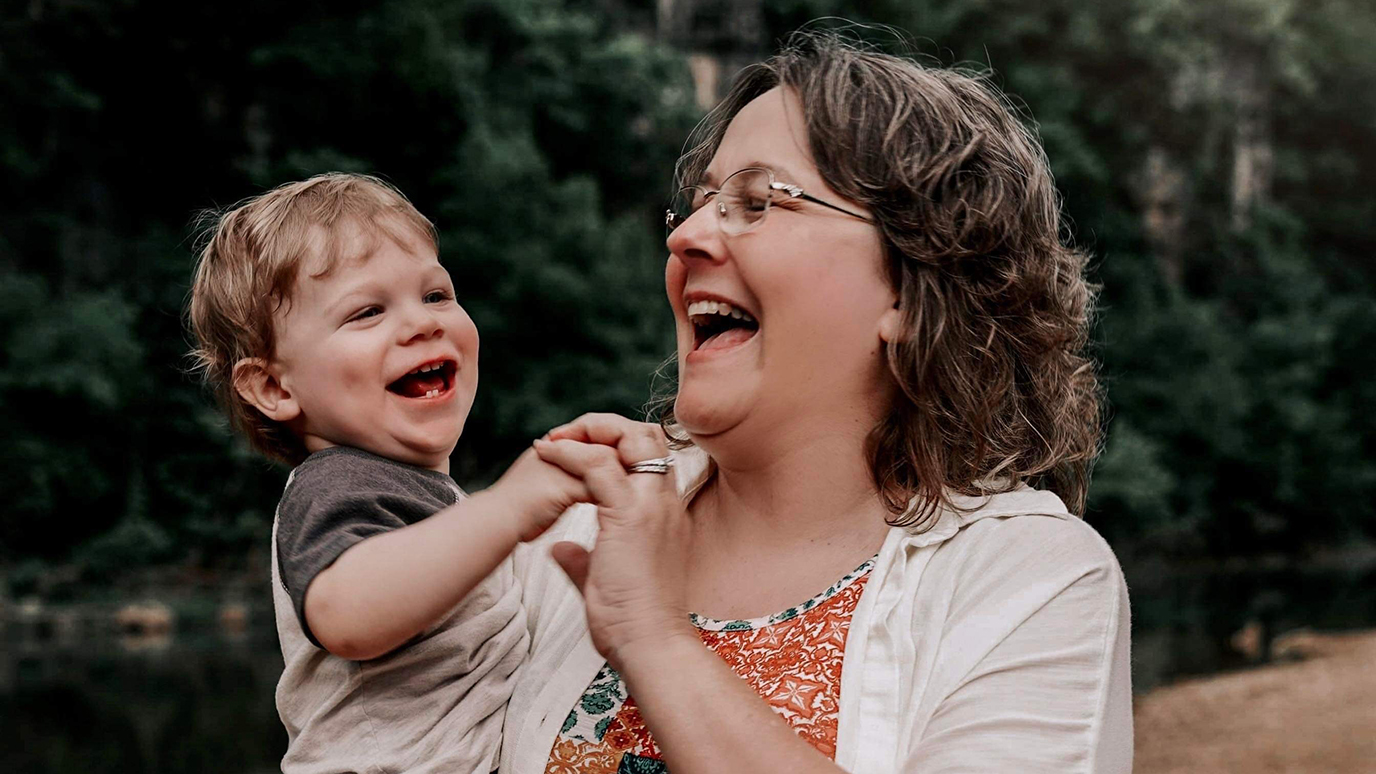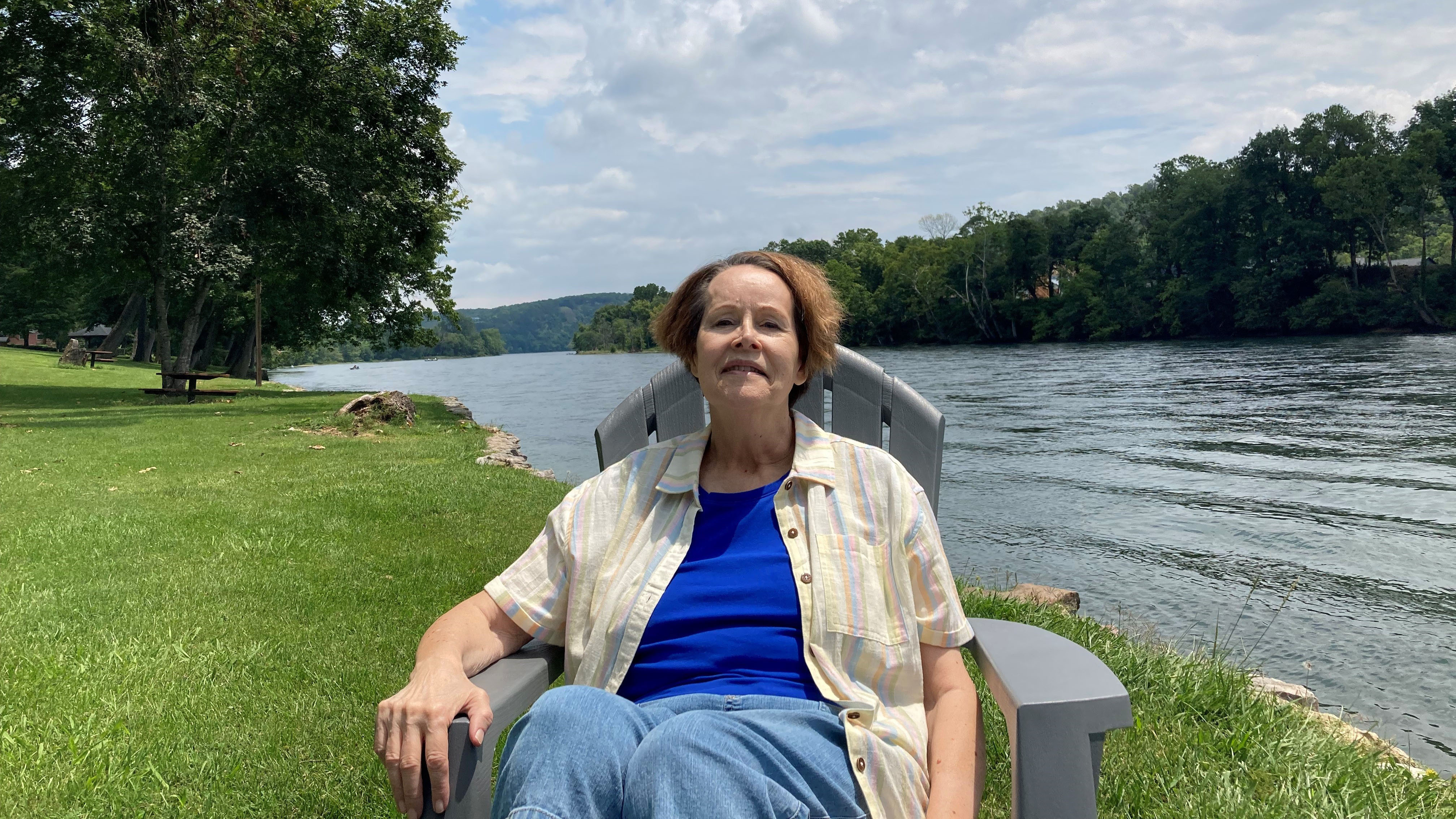- Diseases
- Acoustic Neuroma (14)
- Adrenal Gland Tumor (24)
- Anal Cancer (68)
- Anemia (2)
- Appendix Cancer (16)
- Bile Duct Cancer (26)
- Bladder Cancer (72)
- Brain Metastases (28)
- Brain Tumor (232)
- Breast Cancer (714)
- Breast Implant-Associated Anaplastic Large Cell Lymphoma (2)
- Cancer of Unknown Primary (4)
- Carcinoid Tumor (8)
- Cervical Cancer (158)
- Colon Cancer (166)
- Colorectal Cancer (116)
- Endocrine Tumor (4)
- Esophageal Cancer (44)
- Eye Cancer (36)
- Fallopian Tube Cancer (8)
- Germ Cell Tumor (4)
- Gestational Trophoblastic Disease (2)
- Head and Neck Cancer (12)
- Kidney Cancer (128)
- Leukemia (342)
- Liver Cancer (50)
- Lung Cancer (286)
- Lymphoma (278)
- Mesothelioma (14)
- Metastasis (30)
- Multiple Myeloma (100)
- Myelodysplastic Syndrome (60)
- Myeloproliferative Neoplasm (4)
- Neuroendocrine Tumors (16)
- Oral Cancer (100)
- Ovarian Cancer (172)
- Pancreatic Cancer (160)
- Parathyroid Disease (2)
- Penile Cancer (14)
- Pituitary Tumor (6)
- Prostate Cancer (146)
- Rectal Cancer (58)
- Renal Medullary Carcinoma (6)
- Salivary Gland Cancer (14)
- Sarcoma (238)
- Skin Cancer (296)
- Skull Base Tumors (56)
- Spinal Tumor (12)
- Stomach Cancer (64)
- Testicular Cancer (28)
- Throat Cancer (92)
- Thymoma (6)
- Thyroid Cancer (96)
- Tonsil Cancer (30)
- Uterine Cancer (80)
- Vaginal Cancer (16)
- Vulvar Cancer (20)
- Cancer Topic
- Adolescent and Young Adult Cancer Issues (20)
- Advance Care Planning (10)
- Biostatistics (2)
- Blood Donation (18)
- Bone Health (8)
- COVID-19 (362)
- Cancer Recurrence (120)
- Childhood Cancer Issues (120)
- Clinical Trials (630)
- Complementary Integrative Medicine (22)
- Cytogenetics (2)
- DNA Methylation (4)
- Diagnosis (232)
- Epigenetics (6)
- Fertility (62)
- Follow-up Guidelines (2)
- Health Disparities (14)
- Hereditary Cancer Syndromes (126)
- Immunology (18)
- Li-Fraumeni Syndrome (8)
- Mental Health (116)
- Molecular Diagnostics (8)
- Pain Management (62)
- Palliative Care (8)
- Pathology (10)
- Physical Therapy (18)
- Pregnancy (18)
- Prevention (914)
- Research (392)
- Second Opinion (74)
- Sexuality (16)
- Side Effects (604)
- Sleep Disorders (10)
- Stem Cell Transplantation Cellular Therapy (216)
- Support (402)
- Survivorship (320)
- Symptoms (182)
- Treatment (1786)
Breast cancer survivor’s mindset and trust in doctors got her through treatment
4 minute read | Published January 23, 2025
Medically Reviewed | Last reviewed by David Ramirez, M.D., and Sadia Saleem, M.D., on January 23, 2025
Kristy Mouton started getting annual mammograms at age 26 due to a family history of breast cancer. Her results had always been normal. But she knew something was wrong when she was asked to come to her doctor’s office after a mammogram in 2015.
“I remember my gynecologist talking to me, but the only thing I heard was, ‘You have breast cancer,’” says Kristy, who was 46 at the time of her diagnosis. She had no symptoms.
Kristy lived near Houston and knew MD Anderson was the nation's leader in cancer care. So, she knew exactly where she wanted to go for treatment.
Getting breast cancer treatment at MD Anderson
Kristy had her first appointment at MD Anderson in early September 2015. She was scared in the days leading up to her appointment because she remembered the struggles her mother, Barbara, had had with breast reconstruction surgery at another hospital 20 years prior.
Her care team alleviated these fears during her first visit.
“My mom drove in from Fort Worth to come to my appointment with me,” says Kristy. “The first person I met was Samantha, a physician assistant. She was so positive and made me feel at ease. It was comforting to hear that they were going to take care of me, and everything would be alright.”
When Kristy met breast medical oncologist David Ramirez, M.D., he ordered genomic testing to learn more about the cancer cells’ DNA. This helped determine if the cancer would respond to chemotherapy.
“I was diagnosed with stage II invasive ductal carcinoma,” she says. “I was relieved to hear that I wouldn’t need a mastectomy. My breast surgeon explained that MD Anderson believes in breast conservation, so I was able to have a lumpectomy in October to remove the cancer while keeping most of my breast intact.”
Surgical oncologist Ervin Brown, M.D., placed Kristy’s chemo port. He’s known for singing to his patients and even taking requests.
“Dr. Brown asked if I had any requests, but I couldn’t think of anything. So, I just asked him to sing some of his favorites!” says Kristy.
She then had 12 weekly rounds of paclitaxel and four cycles of doxorubicin (red devil) and cyclophosphamide every two weeks. She received the chemotherapy infusions at MD Anderson in Sugar Land, which was closer to her home, under breast medical oncologist Sadia Saleem, M.D.
In May 2016, Kristy began four weeks of radiation therapy administered by radiation oncologist Isidora Arzu, M.D., Ph.D.
She then started hormone therapy to reduce her risk for breast cancer recurrence. She took tamoxifen for five years and is currently taking letrozole. So far, they have kept Kristy’s estrogen production at 0.
Managing chemotherapy side effects
Kristy began experiencing side effects after her first dose of chemotherapy. First came the clumps of hair coming out in the shower. Then she lost her eyebrows and eyelashes.
“Losing my hair all at once was overwhelming,” she says. “And with no eyelashes, you have nothing to protect your eyes. So, my eyes were constantly watering, which made wearing eye makeup almost impossible.”
When she finally decided to shave her head bald, she was surprised how much she liked it.
“It was awesome!” she says. “I was glad to see what my head looks like, and I’d actually consider shaving my head again.”
Kristy also had some fatigue, nausea and constipation. The anti-nausea medicine her doctor prescribed helped with that symptom; so did hard lemon candy.
“My care team gave me a book of what to expect when I started chemo treatment, and one thing listed was to take stool softener. I did not take it in the beginning, but I wish I had because it made a huge difference,” she says. “Constipation is very painful and uncomfortable. And you don’t feel like eating because that just compounds the problem. So, my advice is to listen to what your doctors tell you!”
Kristy’s side effects ended once she finished chemotherapy. By the time she started radiation in May, hair had started to sprout on her head.
The right attitude makes a difference
Kristy has been cancer-free for nine years. When she first found out she was in remission, she said it was the best feeling in the world. She’s seen cancer from all sides. Both her mother and father are two-time cancer survivors. She’s lost family members and friends to cancer. She also has several friends who are cancer survivors. Some are still in treatment.
“Getting through cancer is 99% attitude,” she says. “Surround yourself with your tribe of friends and family, and rely on your faith. And remember: you can do this.”
Kristy wore a Wonder Woman shirt and cape to every chemotherapy appointment. It was just one way to remind herself that she could do it.
“I don’t sweat the small things anymore,” she says. “I live in the moment.”
Recently, she moved into survivorship and now comes to MD Anderson just once a year for checkups and scans. She’s grateful for the care she received at MD Anderson and credits everyone from her patient advocate to her team of doctors and nurses.
“My doctors are confident, and they know what they’re doing,” says Kristy. “They listened to me and helped me. And now I’m a cancer survivor.”
Request an appointment at MD Anderson online or call 1-833-989-0391.
Related Cancerwise Stories

Listen to what your doctors tell you.
Kristy Mouton
Survivor





